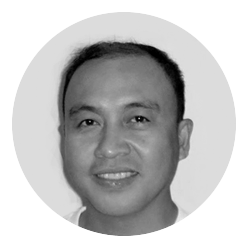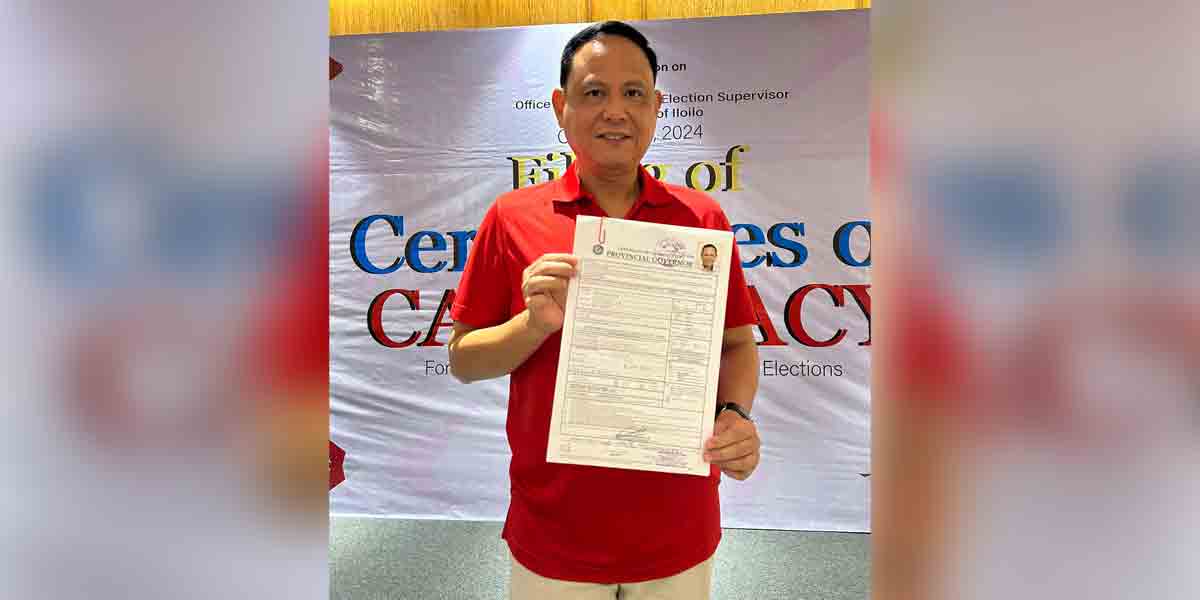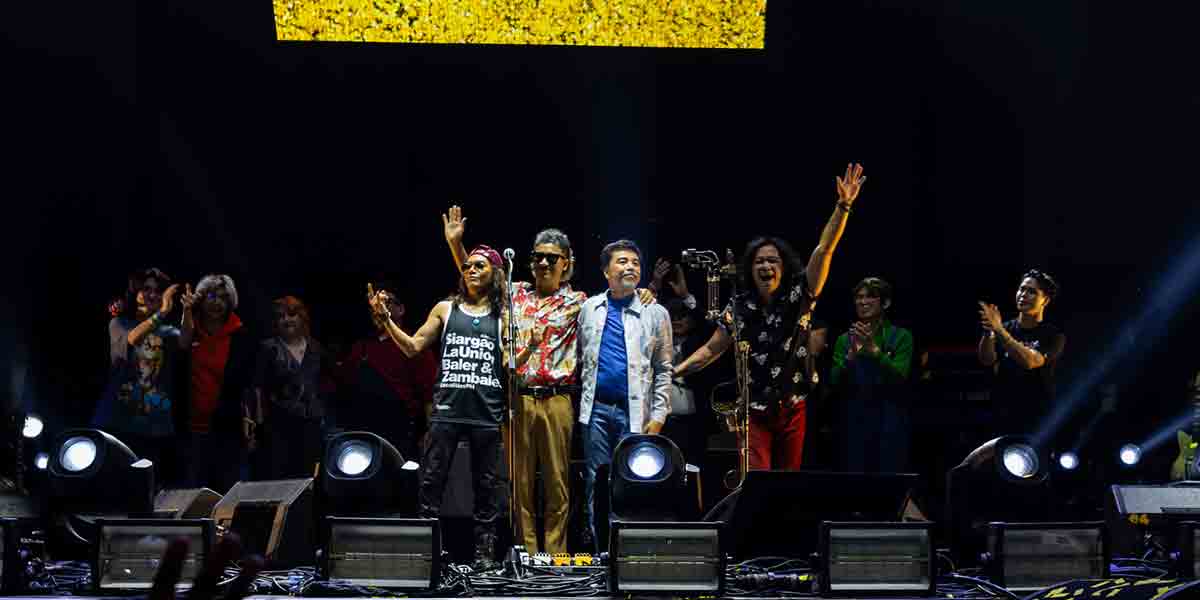 By Alex P. Vidal
By Alex P. Vidal
“First they ignore you, then they laugh at you, then they fight you, then you win.”—Mahatma Gandhi
WHEN news broke out that the Taliban have asked to address world leaders at the 76th session of United Nations (UN) General Assembly in New York City where they nominated Doha-based spokesman Suhail Shaheen as Afghanistan’s UN ambassador on September 21, it was the same schedule when Philippine President Rodrigo Duterte delivered his pre-recorded speech.
It was supposed to be a “bombastic” speech, something that was expected of a firebrand Philippine leader who had been criticizing the UN in the past.
But except for UN’s new organization, no other Western press took cognizance of the fire-spewing Philippine President’s speech where he urged the world to “reverse course” on inequality.
The world media in general largely bypassed Mr. Duterte’s speech which became a headline story in the Philippines the following day.
Media gave prominence to Taliban Foreign Minister Amir Khan Muttaqi’s request in a letter to UN Secretary-General Antonio Guterres on September 20 where he asked to speak during the annual high-level meeting of the General Assembly, which finishes on September 27.
There was no mention of Mr. Duterte’s speech even in major news websites, except in the news websites based in the Philippines.
Describing the current global situation as “bleak”, Mr. Duterte remembered that the pandemic upended everyone’s lives, the climate crisis has worsened, inequalities have deepened, and the geopolitical balance is in a state of dangerous flux.
He argued: “Certainly, these are complex problems. But one thing is clear, they all hit the poor the hardest. Injustice is the common thread that ties these issues together.”
-o0o-
The issue on inequality will define humanity’s future, Mr. Duterte emphasized.
He added: “From what I have seen that future will likely be one of inequality, where the poor plays catch-up with the rich, with no hope nor chance of ever succeeding in closing the gap. We cannot, in all conscience, allow this to happen. An unjust order is inherently volatile.”
The controversial Philippine leader then addressed the representatives in the room, asking how, as governments, they could reconcile their obligations to their own citizens with their responsibility to the rest of humanity?
“We recognize that only inclusive multilateralism can deliver the global public goods we need,” he answered.
He pointed to deeply uneven COVID-19 vaccination rates as an example. Saying some rich countries are now talking about booster shots, while developing nations consider half-doses, he called the behavior “shocking beyond belief.”
“(It) must be condemned for what it is, a selfish act that can neither be justified rationally nor morally,” he said.
Mr. Duterte also remembered Philippines’s $1 million contribution to the UN’s COVAX Facility, urging all partners to support the initiative and addressed his Administration’s campaign against illegal drugs.
He said his Government “has a mandate and an obligation” to his people and will deal with all criminals “with the full force” of the country’s laws.
He admitted that “achieving this goal has not been without challenges” and informed that he instructed the Department of Justice and the Philippine National Police to review the conduct of the campaign.
“Those found to have acted beyond bounds during operations shall be made accountable before our laws,” he promised.
-o0o-
Lastly, he argued that the world’s institutions, including the United Nations, “have proven to be inadequate” in dealing with global crisis that demand effective global governance.
For the Philippine’s President, “the UN a product of an era long past, it no longer reflects the political and economic realities of today.”
Mr. Duterte concluded: “If the UN is to lead the world out of the many crises we face, things need to change. The UN must empower itself, by reforming itself. Therein lies the hope for humanity,” he concluded.
Meanwhile, Guterres’ spokesperson, Farhan Haq, confirmed Muttaqi’s letter. The move sets up a showdown with Ghulam Isaczai, the UN ambassador in New York representing Afghanistan’s government ousted last month by the Taliban.
Haq said the rival requests for Afghanistan’s UN seat had been sent to a nine-member credentials committee, whose members include the United States, China and Russia. The committee is unlikely to meet on the issue before Monday, so it is doubtful that the Taliban foreign minister will address the world body.
Eventual UN acceptance of the ambassador of the Taliban would be an important step in the group’s bid for international recognition, which could help unlock badly needed funds for the cash-strapped Afghan economy.
Guterres has said that the Taliban’s desire for international recognition is the only leverage other countries have to press for inclusive government and respect for rights, particularly for women, in Afghanistan.
The Taliban letter said Isaczai’s mission “is considered over and that he no longer represents Afghanistan,” said Haq.
Until a decision is made by the credentials committee Isaczai will remain in the seat, according to the General Assembly rules. He is currently scheduled to address the final day of the meeting on September 27, but it was not immediately clear if any countries might object in the wake of the Taliban letter.
(The author, who is now based in New York City, used to be the editor of two dailies in Iloilo)





















